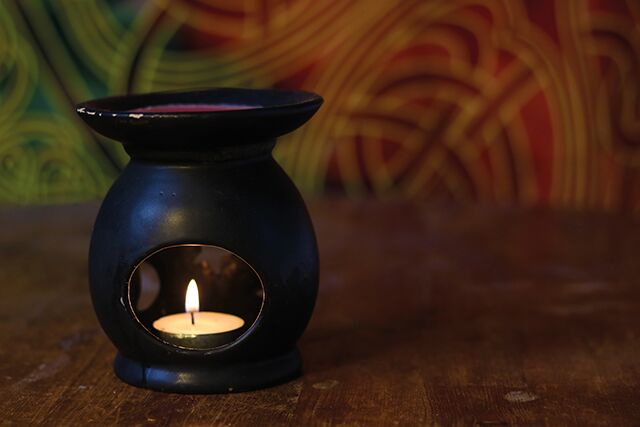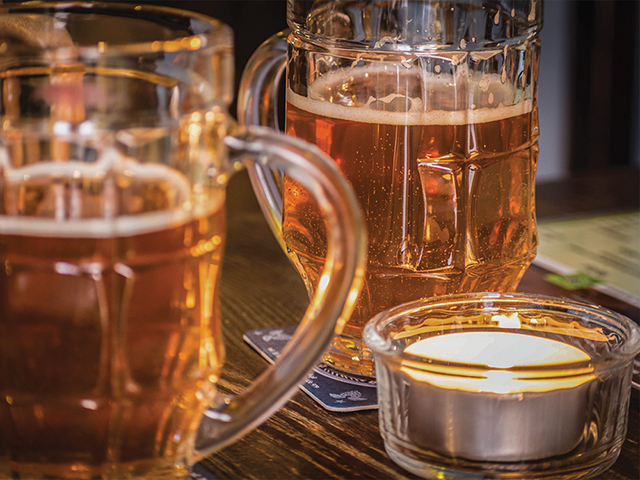
[dropcap]A[/dropcap]romatherapy, or essential oil therapy, refers to a range of traditional, alternative or complementary therapies that use essential oils. The use of essential oils goes back thousands of years.
Aromatherapy applications include massage, topical applications, and inhalation. Essential oils have been found to have antimicrobial activity which are agents that kill microorganisms and stops their growth which can be used to kill bacteria.
Aromatherapy is normally used through inhalation or as a topical application. Topical applications include massage oils and bath and skin care products that are absorbed in the skin. For best effect, massage the area where the oil is about to be applied to boost the circulation which will result in better absorption. However, just because it’s an oil doesn’t mean it’s always safe to rub on your skin. Always consult your doctor to prevent any allergic reactions.
Areas of the body where we secrete the most sweat are the best for absorption. Essential oils should never be applied to the skin directly but must be diluted by a carrier oil such as olive oil or almond oil.
Oils can also be inhaled. They evaporate into the air using a diffuser, or a spray or steam bath. Inhalation can improve respiratory conditions and have psychological benefits. Simple oils such as chamomile, rosewater and lavender can create calm however, it will not completely eradicate anxiety and stress.
Always buy from a trusted provider who produces pure oil with nothing added apart from vegetable oil. Test a small amount on your skin to see if it’s suitable and never use on damaged skin.
Scents are powerful stimuli that directly enter the brain, triggering intense emotional responses. By inhaling essential oils, your brain will signal certain emotions that can leave you feeling energized, optimistic, and hopeful. Aromatherapy is a great way of maintaining a healthy mind.
Lavender essential oil is used to help with depression. Lavender essential oil can even reduce symptoms of PTSD and postpartum depression. As lavender essential oil encourages relaxation of the mind, it can also be a powerful sleep aid.
Certain essential oils can help reduce inflammation due to powerful anti-inflammatory properties in these oils. Tea tree oil is one that most people would be familiar with in the use of reducing redness and inflammation caused by acne. Peppermint essential can reduce inflammation in the intestines relieving symptoms of Crohn’s disease.
Aromatherapy also reduces pain. Ginger, frankincense, and myrrh essential oils can provide fast relief to the muscles, joints, and tendons for arthritis pain. Chamomile oil can quickly relieve pain related to the digestive system, as well as menstrual cramps and this is why some people religiously drink chamomile, peppermint and green tea during this time. Their healing properties are more natural than taking painkillers especially as people can become resistant to some painkillers over time.
The use of essential oils can also boost the immune system and prevent the development of certain illnesses. Peppermint, and tea tree essential oils can greatly prevent colds by keeping your passageways clear of congestion and bacteria.
Holland and Barrett have an Aromatherapy section online which includes all the oils available, the description of their use, the price and where it comes from, however, you can find a cheaper version from other stores.
During busy times and exam stress, it’s easy to relax and destress using essential oils and filling a bath. They are relatively cheap to buy, completely natural and it’s easy to find a good diffuser online for the right price.
Roisin Maguire
Image Credit: Cathal Finnegan



